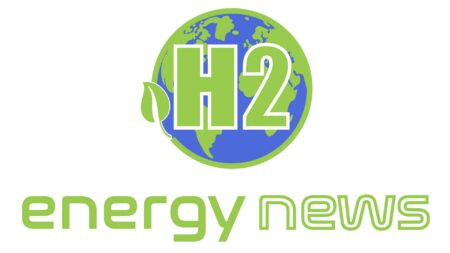In its 2023 Budget, the Canadian government provided information on its CAD$5.6 billion ($4.1 billion) Clean Hydrogen Investment Tax Credit and described how the Canada Growth Fund will assist in the sector’s initiation.
The Southwest Research Institute (SwRI) has created a new hydrogen compressor that can increase the effectiveness and dependability of hydrogen compression used to refuel fuel cell electric vehicles (FCEVs).
As part of a deal to establish zero-emission services in the nation’s northeast, Swedish airline Braathens Regional Airlines (BRA) will provide turboprop aircraft to ZeroAvia for conversion to hydrogen fuel cell power.
The job market is already being impacted by the shift to a low-carbon economy.
Researchers from NETL have received a patent for a new fiber optic sensor that can save time and money compared to conventional methods when used to detect hydrogen (H2) leaks at storage facilities.
The governments of Germany and the Netherlands have decided to work together more closely in the future to link their respective hydrogen pipeline networks.
As a solution to mobility and urban energy independence, a facility for the transportation and storage of hydrogen and its mixes.
In Saxony-Anhalt, discussions between the federal states’ energy ministers took place. Their objective is to encourage the growth of the hydrogen economy. Willingmann, the conference’s chairman, predicts that we “won’t ever be able to totally dispense with energy imports.”
China’s fuel cell vehicle (FCV) market has had tremendous expansion in recent years, with sales of FCVs experiencing a compound annual growth rate of 32.3% from 2016 to 2022.
EDP moves more quickly with its green hydrogen aspirations in Spain. The environmental processes for the two significant projects that the company, led by Miguel Stilwell and Ana Paula Marques in Spain, is currently working on in our nation Los Barrios in Cádiz and the Hydrogen Valley of Asturias in Aboo have already been started.


